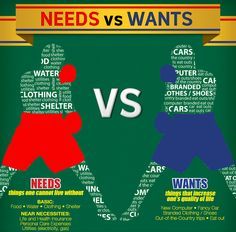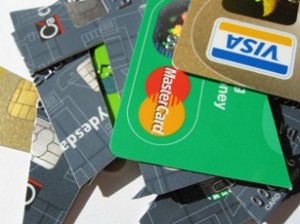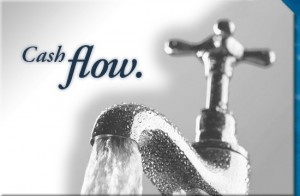Paying bills on time each month is important for consumers, business customers and merchants. Recurring payments improve credit scores and maintain good relations with merchants, landlords and all providers of services. Failure to make monthly payments on time can also cost money. Increased interest charges for overdue payments and possibly penalties for late payment.
Business customers who invoice customers on a regular basis also benefit by issuing recurring invoices automatically. Issue invoices on time. Debits are automatically made to a customer’s credit card or debited from checking accounts. Transfer funds immediately to your account. Manage cash flow. Minimize collection activities. These reduced activities improve profitability and lowering operating expenses.
Recurring Payments Improve Credit Scores
Once merchants implement recurring payments credit scores improve. Customers accept recurring payments. Both parties are happy with the arrangement. Businesses find that their cash flow is better managed. Their late accounts decline and they spend less time chasing after customers. In fact, customer satisfaction actually improves since there are fewer negative conversations about paying bills on time. Customers are confident that the same amount will be deducted from their accounts at the same time each month. There is no need to try to remember if they paid a bill. They will not incur late payment fees or interest charges. Their credit score can actually improve over time. It can save them money when it comes time to borrow money for loans and mortgages.
A merchant who wants to bill a customer on a regular basis must first arrange for consent with the customer. They must have consent for them to withdraw funds automatically from their bank account or credit card. This is a one-time consent provided by the customer to the merchant. Consumers can withdraw consent at any time. The amounts are fixed. However, consent can be provided for variable amounts based on a set of services that are provided each month. This process works well for both parties. The processes to manage the start and stop of recurring billing is extremely easy for both the consumer and the merchant.
Benefits for All
In conclusion, there are benefits for everyone when they implement and agree to recurring billing payment processes.
Merchants no longer have to chase customers for payment; Reduce collections are significant; cash flow improves; expenses decline and profits increase; Add pro-rata payments to help with clients who are already overdue; if an automated payment does fail the merchant is notified immediately; cash flow is much more predictable and manageable; and transfer funds directly to designated company accounts.
Customers also benefit from participating with merchants who employ recurring billing systems. No more worries about whether you paid that invoice or not; Predict payments and cash flow; Maintain credit scores. and sometimes improve credit scores; no more late fees or penalties for late payment; better credit scores mean lower interest loans and mortgages. The benefits of a properly implemented system can be enormous for both the merchant and the client.






